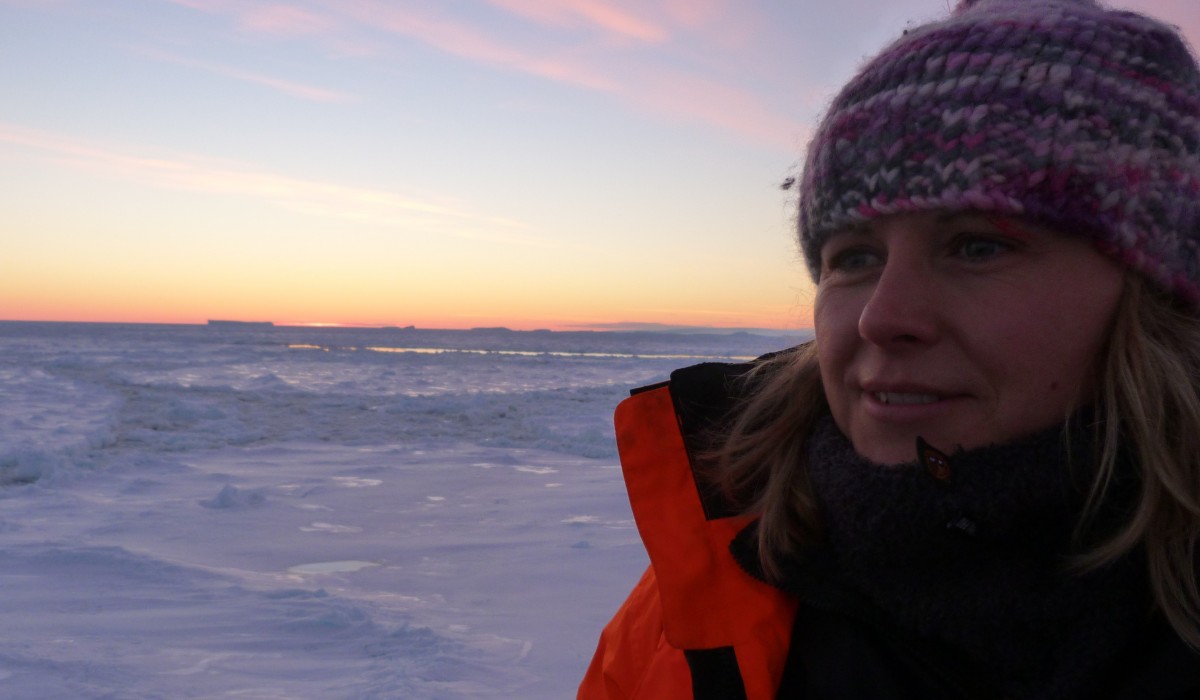Lucy’s Postdoc Dr Rowan Whittle tells us about her interdisciplinary research and her dream job
Palaeobiology can be a mixture of geology and biology. Before my PhD in palaeobiology I completed an undergraduate masters in geology and a master's in biology, so I gained experience in working across subject disciplines. I was motivated by a desire to understand evolution, and how life on Earth lived and functioned in the past. Currently I am trying to understand how life in Antarctica evolved with changing environment and climate.
My research interests include:
- What were the effects of geologically rapid environmental events, such as mass extinctions, on evolution and ecology in the Southern Hemisphere?
- How did modern Antarctic benthic ecology evolve?
- How did past climate change affect Antarctic biodiversity and ecology, and what are the implications for biodiversity today?
My post-doctoral position at the British Antarctic Survey is essential for establishing my career in research. I have wanted to be a palaeobiologist since I was a child, and this is my dream job. I get to mix research with Antarctic adventure.
One example is the Larsen-C Benthos project I took part in three years ago. As part of the project I participated in an expedition to Antarctica, during which I assisted in sorting, identifying and recording the marine life collected during the Larsen C Benthos research cruise.
I chose to be a Postdoc at Lucy as it is such a friendly environment and it is also close to where I work. It provides a community of people working on a wide range of subjects. I enjoy coming to talks and formal dinners and meeting people studying many amazing things. In addition, the British Antarctic Survey is an affiliated institution to the University of Cambridge, so being a Postdoc at Lucy means that I have gained an appreciation of Cambridge life I would not have otherwise had.




